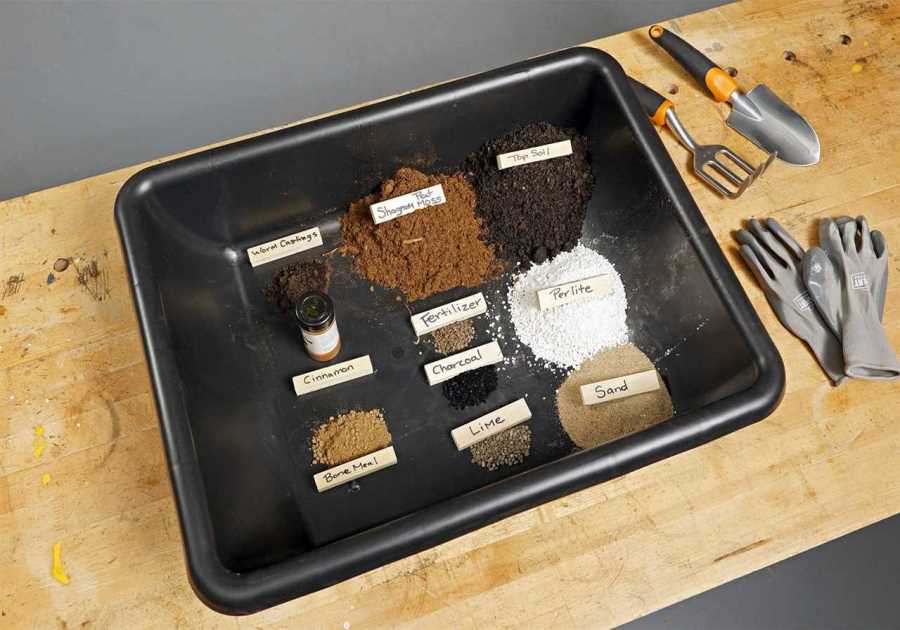
This is the first question every business owner asks when I talk with anyone about exiting her business. There are two answers:
- A business is only worth what someone is willing to pay for it.
- It depends.
If you were expecting a simple formula, these answers are not satisfying. But both are true and, if you’re thinking about exiting your business, I suggest you accept this reality. In other words, you’re not going to KNOW the value of your business until someone buys your business. You can get a rough idea, but you won’t KNOW.
That leaves us with the second answer. When I write that the value of your business “depends,” I mean there are many factors to consider. Let me use a comparison between two businesses to illustrate.
Two Sample Businesses
My wife and I go to the local farmer’s market at least once a month, and we usually end up buying lunch from the same vendor. It’s a stall that offers Turkish-style grilled chicken pita sandwiches, and they’re great! The owner is a woman I’ll call Debi. She has a grill person doing the cooking, and Debi is the counter person. There is always a long line of potential customers, and I can see Debi does a plate-full of business every weekend.
The second business is Donna’s yarn shop in a small town. She sells many types of yarn, knitting supplies, patterns, and some finished items. Donna’s business took a big-hit in sales when the pandemic happened because people weren’t shopping live much. Donna pivoted and started to sell kits and supplies on-line through her website. She even started a subscription service called the “kit of the month club.” Through this service, customers receive a kit to make a different item each month. Donna’s retail business has recovered, and she has kept the on-line store.
While very different types of businesses, Debi and Donna have some similarities in their businesses too. They both have recurring customers, and both have labor costs, fixed costs, and the cost of goods sold. Let’s assume both Debi and Donna make the same gross revenue each month. How would we determine the value of both businesses?
You Only Have Two Choices
You can imagine the answer depends on many factors, not just gross revenue. This is what I mean by the value of your business, “depends.”
However, “it depends” doesn’t answer your #1 question while you contemplate whether to go through the effort of selling your business.
I know you need to have a rough idea of your business’ value before you think about selling your business. Your subsequent actions depend on the answer.
If your business is worth very little, you’ll take one set of actions. If the business is worth enough to make it worth your while to sell it, you’ll take that road. Like Robert Frost wrote in his poem, “The Road Not Taken,” the business owner faces a decision and can’t go both ways.
How Do You Decide If Your Business Is Financially Worth Selling, at Least in the Short-Term?
First, look at your business from a potential buyer’s perspective. Just like selling a house, the buyer dictates the final selling price and terms. You can think your house is worth $X, but a buyer may think it’s worth $Y. Unless you, as the seller, and the buyer can bridge the gap, you won’t sell your house.
Thus, the key to figuring out the value of your business is considering what a potential buyer would value. Every business is different, of course, but buyers generally consider these factors when doing a preliminary estimate of your business’ value:
- Financial performance, including gross and net revenue (profit) currently and trends, sales growth, operating expenses.
- Market opportunity including market size and growth potential, competitive landscape trends.
- Reputation and brand.
- Customer/client base and relationships, including lifetime value of a client or customer.
- Operational efficiency, including experience and competency of existing team members, roles and responsibilities, written standard operating procedures.
- Potential synergies with existing operations.
- Intellectual property, for example, trademarks, service marks, copyrights, patents, contracts, agreements, and proprietary processes.
- Goodwill (intangible value that a company earns beyond its tangible assets such as industry and vendor partnerships, specialized knowledge, community involvement, thought leadership).
While a formal valuation by an independent expert is a requirement when you sell your business, you can obtain a reasonable estimate of your business’ worth on your own. There are three methods you can use and next time we’ll look at the different approaches.
A good exercise is to look at each of the above factors and rate your business with a +, – or 0 as a potential buyer might rate your business.
Previous article in this series, 5 STEPS TO SELL YOUR BUSINESS.
Let’s Have a Conversation:
Let me know what insights you receive from this simple approach by making a comment. Are there any other factors I left out that you think are important to consider?
------------------------------------
By: Steve Juetten
Title: How Much Is My Business Worth?
Sourced From: sixtyandme.com/business-worth/
Published Date: Sun, 10 Mar 2024 22:28:00 +0000
Did you miss our previous article...
https://conservativedailytimes.com/lifestyle/6-ways-to-grow-your-godgiven-talents-for-yourself-and-for-others
.png)





